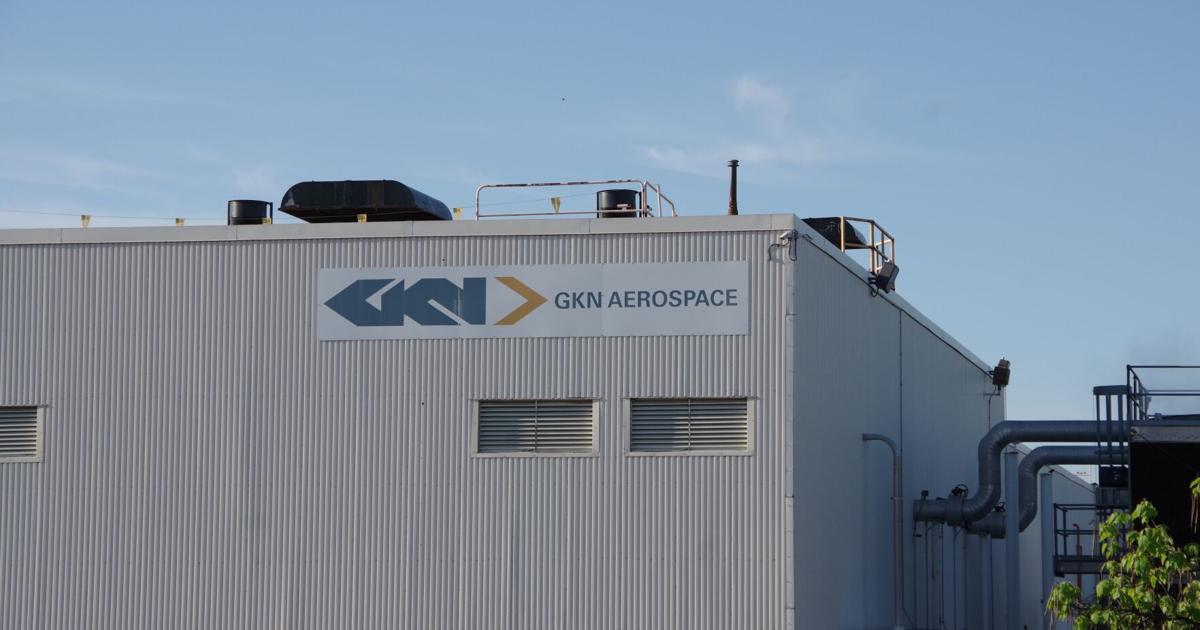HAZELWOOD — Boeing’s defense arm announced Friday it has reached a deal to buy a key supplier, saving a north St. Louis County factory that had threatened to wind down operations by the end of the year but which Boeing said was critical to the production of its fighter jets.
Boeing said it will take over the St. Louis GKN site and hire the factory’s 550 workers, nearly all of the 600 people still employed at the Hazelwood plant. About 420 are union workers, represented by the International Association of Machinists and Aerospace Workers.
Financial terms of the deal weren’t disclosed.
Steve Parker, senior vice president and chief operating officer for Boeing’s defense business, called the deal a “win-win-win” for Boeing, GKN workers and St. Louis.
“Boeing is growing across the region with a healthy backlog of current programs while also seeking future opportunities,” Parker said in a statement. “This agreement allows us to not only deliver for our customers, but also gives the highly skilled GKN workforce the opportunity to bring their immense talents to bear in support of the warfighter and the St. Louis defense and aerospace industry.”
People are also reading…
Boeing’s deal for GKN Aerospace’s Hazelwood plant comes at a crucial moment for the defense contractor and its 16,000-person St. Louis-area workforce. The U.S. Navy just awarded Boeing a $1.3 billion contract for 17 more F/A-18 fighters, and President Joe Biden’s administration is pushing an $18 billion deal with Israel for up to 50 F-15 fighter jets, one of the largest arms deals with the country in years. Both fighter jets are assembled here.
Meanwhile, Boeing is gearing up to compete against defense giant Lockheed Martin for the U.S. Air Force’s next generation fighter and beginning a $1.8 billion expansion of its facilities surrounding St. Louis Lambert International Airport widely believed to be part of the initiative.
But GKN, Boeing’s former in-house fabrication unit before the company sold it off in 2001, has loomed as a potential problem to Boeing’s St. Louis operations for over two years. GKN said in early 2022 it planned to shutter its Hazelwood factory, and last summer, it issued a formal layoff notice that said it would begin laying off the 700 workers at its factory before closing it by the end of this year.
Boeing sued GKN and its British parent company, Melrose Industries, in December 2022, arguing GKN was the only supplier capable of producing “superplastics” and “flight control surfaces” needed for its fighter jets and a closure would breach GKN’s contracts with the aircraft company. Boeing claimed GKN and Melrose hoped to force Boeing to buy the plant on unfavorable terms and that the companies have even turned down other purchase offers.
GKN and Melrose, though, say operating the plant has become “unsustainable” and that it was locked into money-losing contracts with Boeing.
The deal for GKN seemed almost unavoidable based on Boeing’s dependence on the supplier. In a court filing last month, Boeing asked for an emergency hearing because it said GKN was planning to destroy critical parts needed to build the F-15 and F/A-18 fighters. GKN agreed to not destroy the equipment.
Some have pointed to Boeing’s issues with GKN as further evidence the aerospace giant has outsourced too much work over the years, a criticism that has primarily been leveled at the company’s commercial aircraft business amid high-profile equipment failures on commercial flights.
But the deal appears to resolve any concerns that production here could grind to a halt and provide unwelcome publicity on Boeing’s defense business just as it is vying for a new fighter contract that would maintain St. Louis’s status as a strategic production center for the U.S. military.
Jason Hall, CEO of Greater St. Louis, applauded the deal.
“This is a great win for Boeing as well as GKN St. Louis and their 550 employees,” Hall said in a statement. “It is also a great win for the St. Louis metro and our advanced manufacturing sector.”













